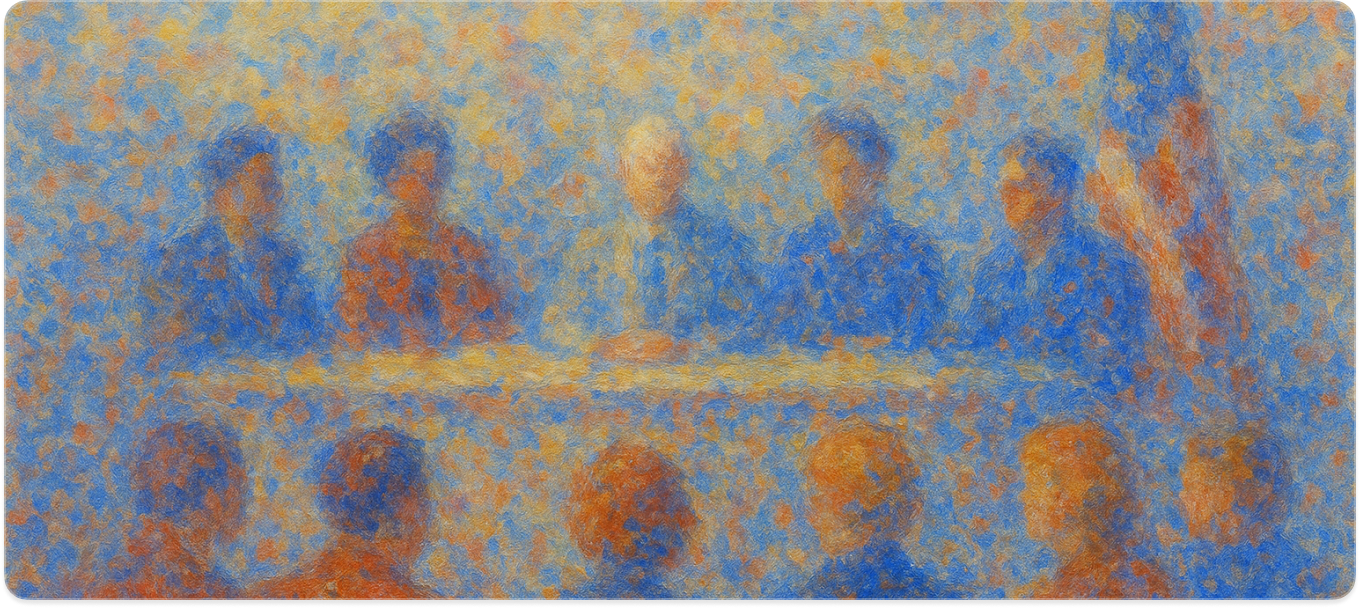Get AI-powered insights, summaries, and transcripts
Subscribe
AI-Generated Content: All content on this page was generated by AI to highlight key points from the meeting. For complete details and context, we recommend watching the full video. so we can fix them.
No content available for this article.
